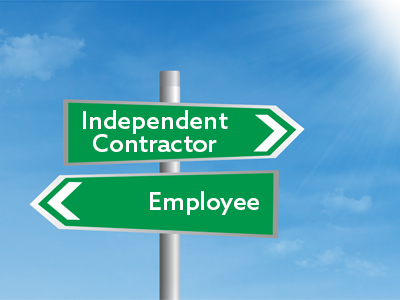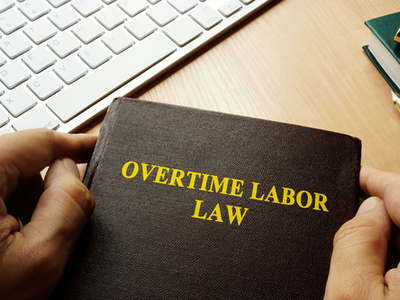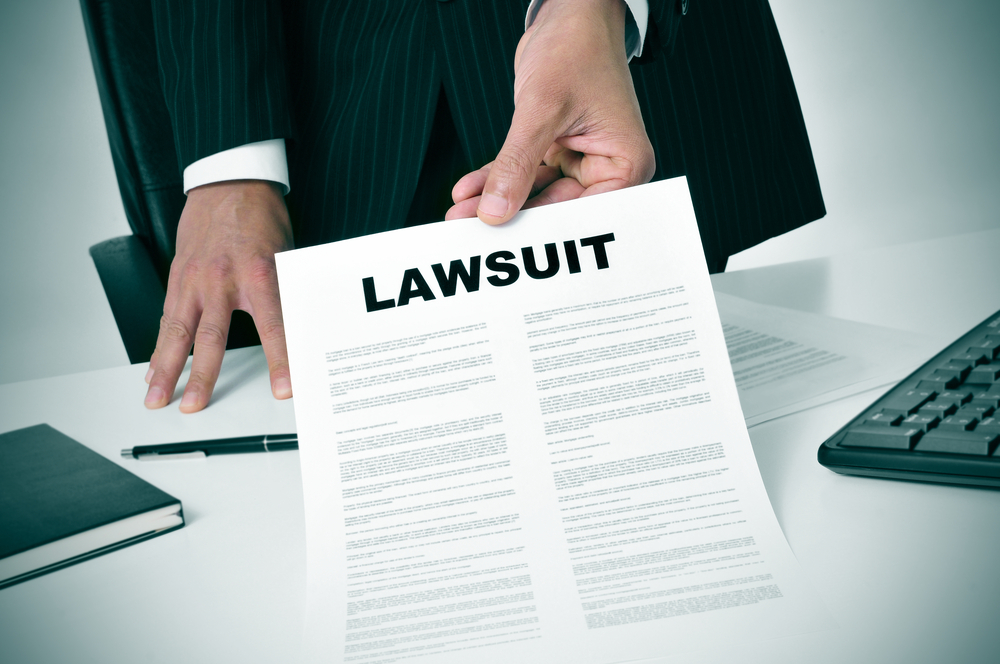In October 2017, four franchisees filed a federal complaint against the global convenience store chain, 7-Eleven, seeking to represent a purported class of over 1,000 similarly situated 7-Eleven franchisees in California. The franchisees alleged 7-Eleven’s corporate entity violated the Fair Labor Standards Act, California Labor Code, California Code of Regulations, and California Business and Professions Code. The central issue in the case was whether 7-Eleven misclassified franchisees as independent contractors instead of employees. READ MORE
Are Franchisees Employees? California Court Says No











